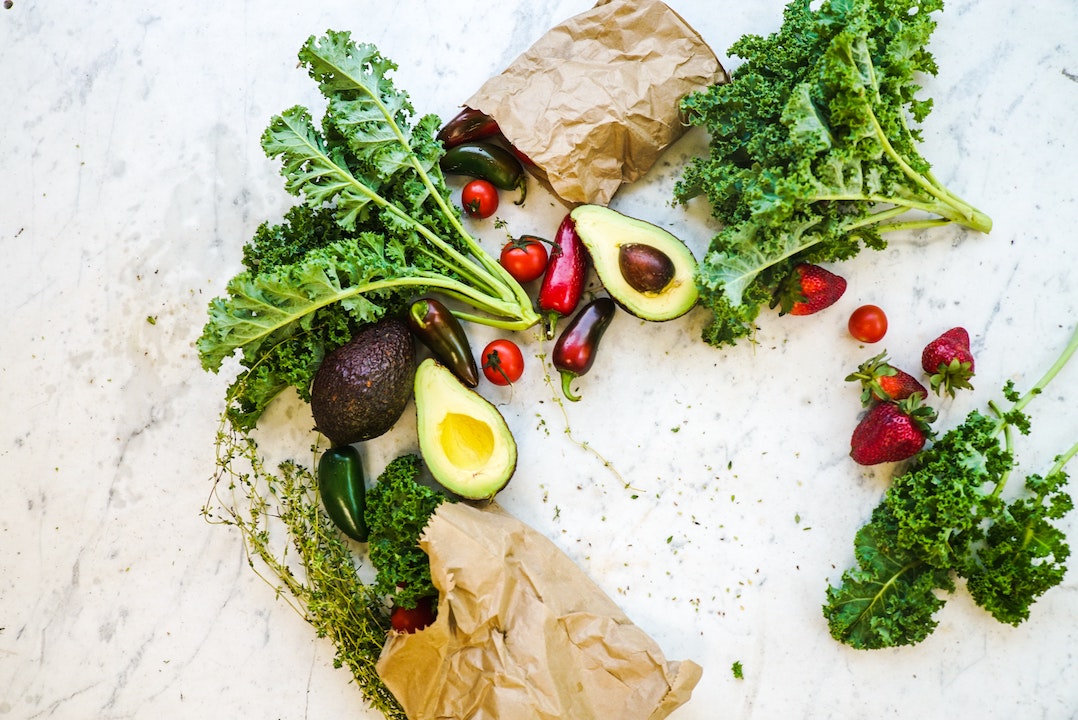2019 is predicted to be the year of plant-based and vegan eating. If you have decided to follow this way of life and become more conscious about limiting your intake of animal-based products or giving veganism a red hot go, like any diet, which limits or restricts foods, its important to make sure you are receiving adequate nutrition from your diet.
There are many reported health benefits of following a vegan diet including reduced risk of chronic disease, positive effects on gut health and inflammatory conditions along with environmental benefits. However, if not balanced correctly and if close attention is not paid to nutrient intake, deficiencies may result. The most common nutritional deficiencies associated with veganism are: protein, iron, calcium, vitamin B12 and omega-3 fatty acids.
Protein
Protein contains amino acids, the building blocks required by the body to function optimally. Lack of protein can result in loss of muscle mass and lean tissue, insatiable appetite, poor wound healing, low immunity and low mood.
Unlike animal protein not all plant proteins are complete and therefore it is important to eat a wide variety of plant-based protein across the day to ensure an adequate supply. Previously, it was believed that specific plant-based proteins had to be combined at each meal to equal a complete protein, however, its since been found that what you eat across the day is what counts as opposed to having to be conscious at each meal. See, the body is very smart and knows how to make the most of what it gets! Common sources of plant-based proteins are tofu, legumes, nuts/seeds, wholegrains and pea, hemp or brown rice protein powder.
Iron
Iron is critical for formation of red blood cells and cellular energy production, hence why iron deficiency and anaemia can lead to feelings of fatigue and lethargy.
Iron can be trickier for our body to obtain from plant-based sources as opposed to animal sources but it is still possible. A trick to help facilitate this process is to combine a plant rich iron source such as legumes with a vitamin C rich food such as capsicum because vitamin C assists the body to absorb iron. Other plant sources of iron include: lentils, spinach, grains, red kidney beans, molasses, oats, tempeh/tofu, prunes and dried apricots.
Calcium
Calcium is necessary to support bone mineral density and for the proper functioning of the nervous and cardiovascular system.
Dairy is excluded on a vegan diet and most of us get our daily calcium requirements from dairy-based foods. It is still possible to meet your recommend daily intake of calcium from plant-based foods; you just need to be a bit more mindful. Calcium fortified soy milk is a very good source of calcium. Additionally, green leafy’s including spinach and kale as well as Asian greens (Chinese broccoli and bok choy), tofu (set with calcium), almonds, brazil nuts, chickpeas, sesame seeds/tahini and dried figs are good sources of calcium.
Omega-3 essential fats
Omega-3 fats are called ‘essential’ because our body cannot make its own supply and we therefore need to consume essential fats in our diet. Omega-3 fats exert anti-inflammatory effects in the body, benefit brain health and function as well as support a healthy mood.
Fatty fish such as salmon and sardines contains two beneficial omega-3 fatty acids known as docosahexaenoic acid (DHA) and eicosapentaenoic acid (EPA) whereas nuts, seeds and some vegetable oils contains alpha-linolenic acid (ALA) which the body converts to DHA and EPA. ALA isn’t as widely studied or recognised but still offers many health benefits, making plant-based sources of essential fats very beneficial. To help the conversion process, it’s important to eat foods such as hemp seeds, chia seeds, flaxseeds and walnuts daily while limiting excess sources of omega-6 such as sunflower oil as these will compete for conversion.
Vitamin B12
Vitamin B12 is critical for normal blood and neurological function and deficiency can result in feelings of fatigue, low mood, decreased brain function and shortness of breath.
It can be tricky to obtain adequate dietary vitamin B12 when consuming a vegan diets. This is because, Vitamin B12 is predominately found in animal products and very few plant-based foods. Small amounts of vitamin B12 are found within shiitake mushrooms but it’s not possible to eat the required amount daily. Other sources include B12 fortified cereals and plant-based milks and nutritional yeast. If following a vegan diet, it can pay to get your B12 levels checked every so often.
Vegan Sunflower Seed, Zucchini and Chickpea Hummus
This hummus is a good source of plant-based protein, calcium and iron and works great as a snack, sandwich/wrap spread or dolloped on a salad.
Serves: 4-6
Prep: 10-15 minutes
Ingredients:
1 cup zucchini, washed, grated and squeezed out excess liquid
1 cup chickpeas, cooked, rinsed and drained
1 cup sesame seeds
1 cup sunflower seeds
3 tbsp. lemon juice
1 tbsp. lemon zest
1 garlic clove
1/2 cup extra virgin olive oil
1 tbsp. cumin, ground
1 tbsp. coriander, ground
1 tbsp. good quality salt
To serve
chopped vegetable sticks
multigrain crackers
Method
Place all of the hummus ingredients in a food processor and blend until smooth. Sere with chopped vegetable sticks and multigrain crackers.
Store leftover in an airtight container in the fridge for up to 3 days.
